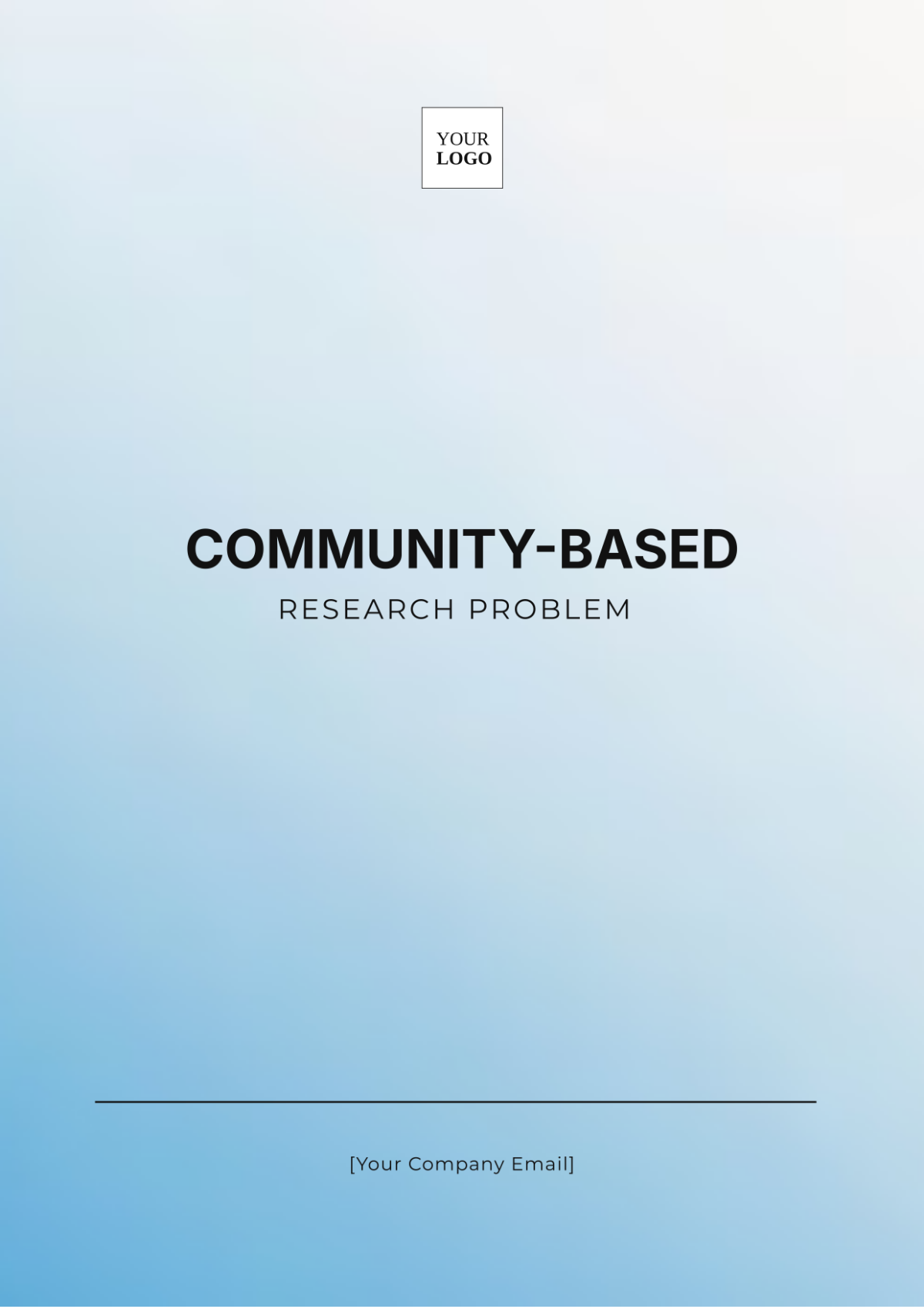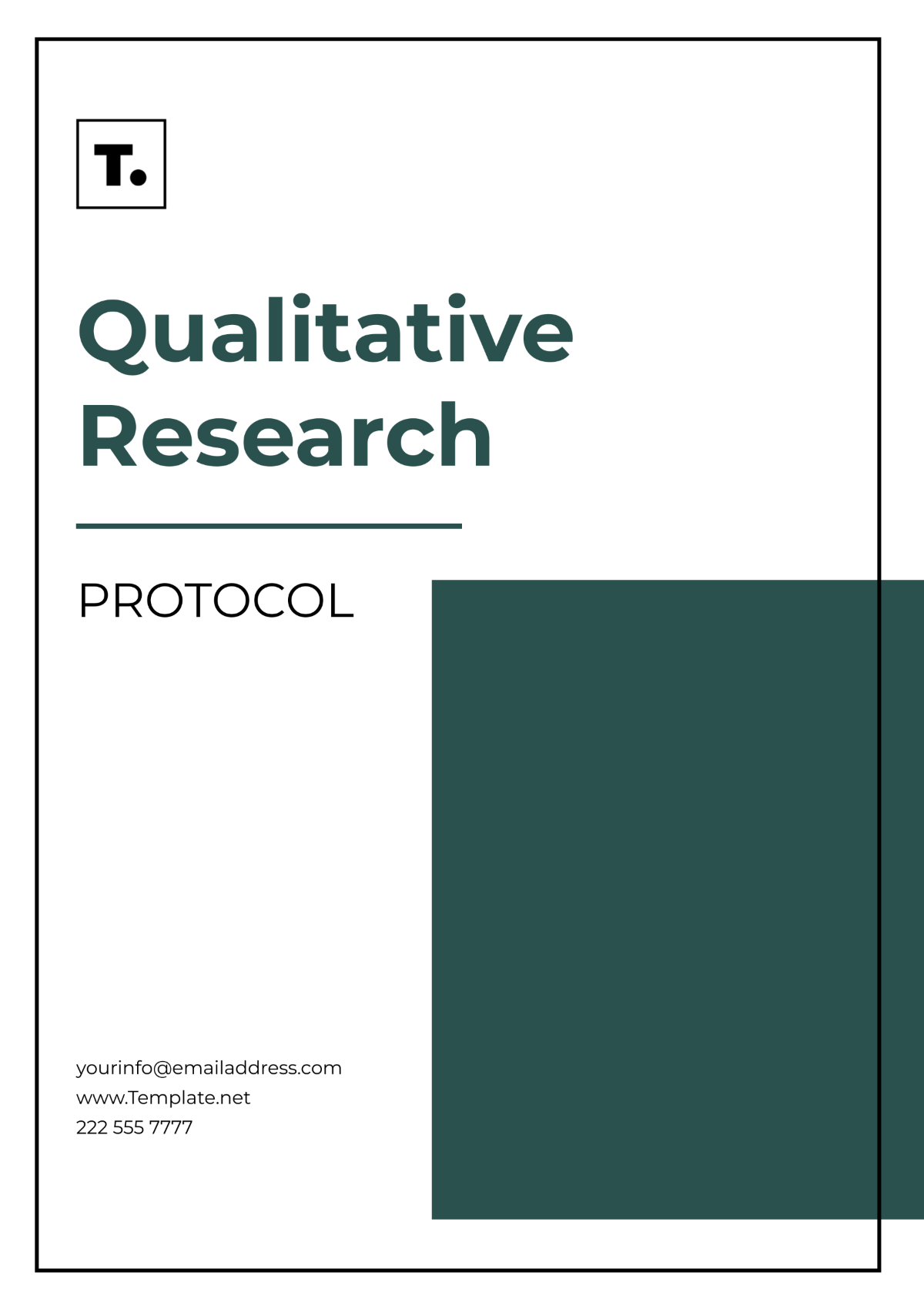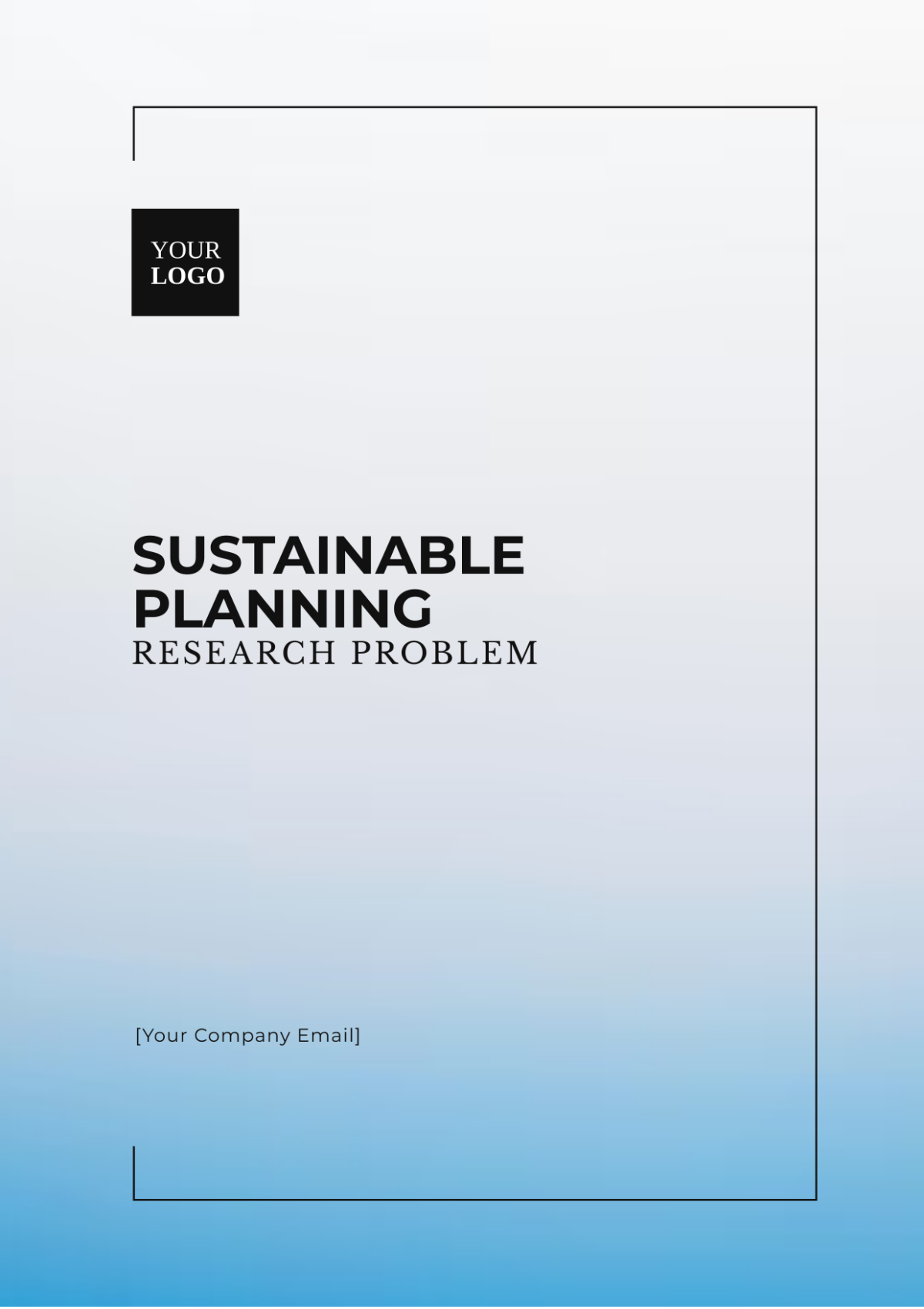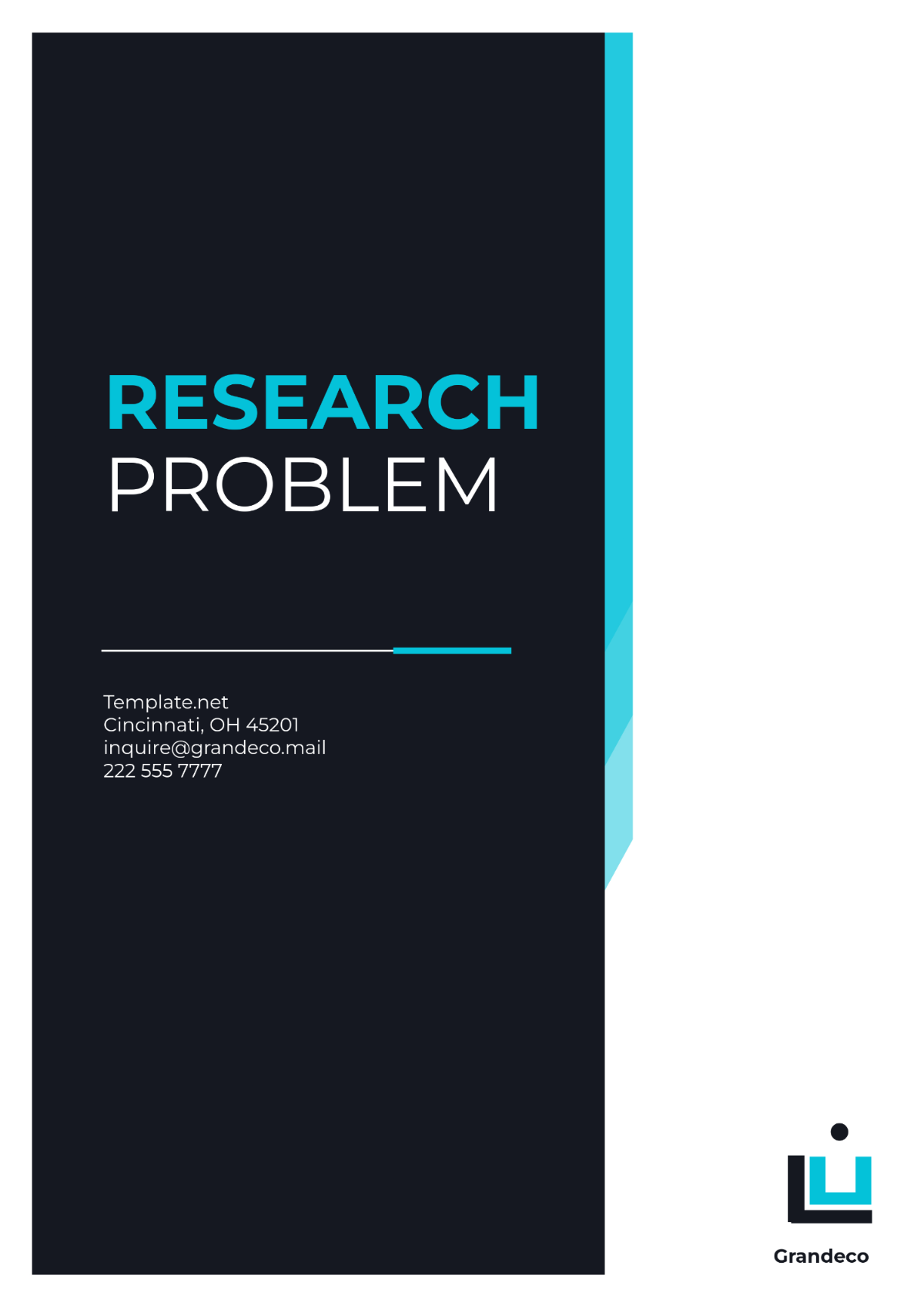Narrative Contexts Research Design
I. Introduction
The study of narrative contexts involves examining the setting, characters, and plots within stories to determine how these elements influence comprehension, memory, and emotions. This field of research is interdisciplinary, drawing from psychology, linguistics, literary studies, and education. Effective research design in this domain is crucial for generating valid and reliable findings.
II. Literature Review
Narrative contexts have been a subject of interest for many scholars. For example, in "The Psychology of Narrative," Mar and Oatley (2008) discuss the cognitive effects of reading fiction. Similarly, Zwaan and Radvansky (1998) explore situational models of comprehension. These seminal works provide a foundation for understanding the complexities of narrative contexts.
III. Research Objectives
The primary objectives of research in narrative contexts are:
To understand how different narrative elements interact.
To explore the psychological impacts of narratives on readers.
To investigate the educational implications of narrative comprehension.
IV. Methodology
A. Study Design
The study will employ a mixed-methods approach, combining quantitative and qualitative techniques to provide a comprehensive analysis. The research will be broken down into several phases.
B. Participants
The study will involve participants from diverse backgrounds to ensure generalizability. Participants will be recruited through educational institutions, community centers, and online platforms.
C. Data Collection Methods
Surveys: To gather quantitative data on participants' comprehension and emotional responses.
Interviews: To obtain qualitative insights into participants' experiences and interpretations.
Experiments: To test specific hypotheses about narrative contexts using controlled conditions.
D. Data Analysis
Data analysis will involve a combination of statistical methods and thematic analysis. Quantitative data will be analyzed using software such as SPSS for descriptive and inferential statistics. Qualitative data will be coded and analyzed thematically to identify patterns and themes.
V. Expected Outcomes
The research is expected to yield insights into how narrative contexts affect comprehension, memory, and emotional engagement. The findings may have implications for educational practices, particularly in the design of curricula that leverage storytelling for learning.
VI. Limitations
Potential limitations of the study include sample bias, self-reporting inaccuracies, and the complexity of isolating variables within narratives. These limitations will be addressed through careful study design and triangulation of data sources.
VII. Conclusion
Research in narrative contexts holds significant potential for enhancing our understanding of storytelling's role in cognition and education. By employing a robust research design, this study aims to contribute valuable knowledge to the field.

















































